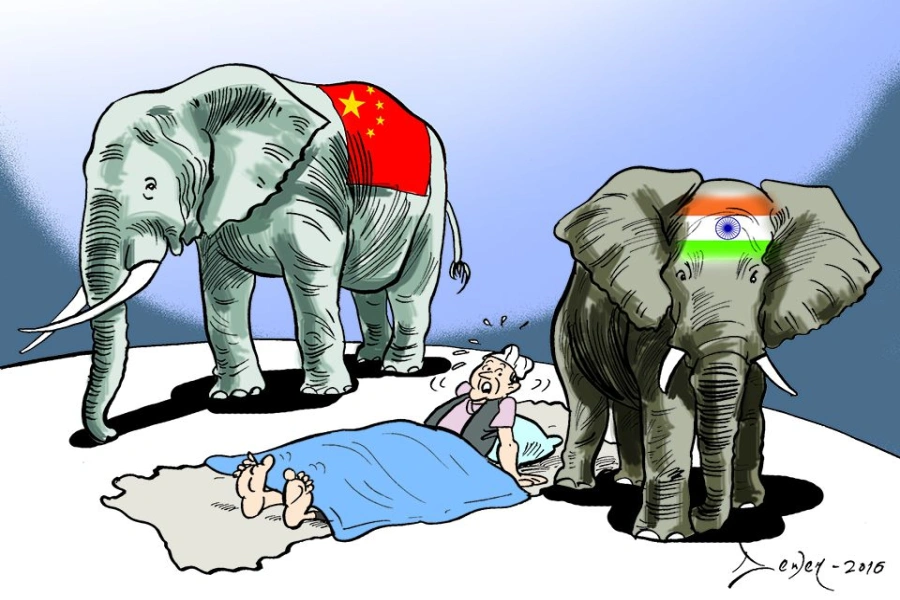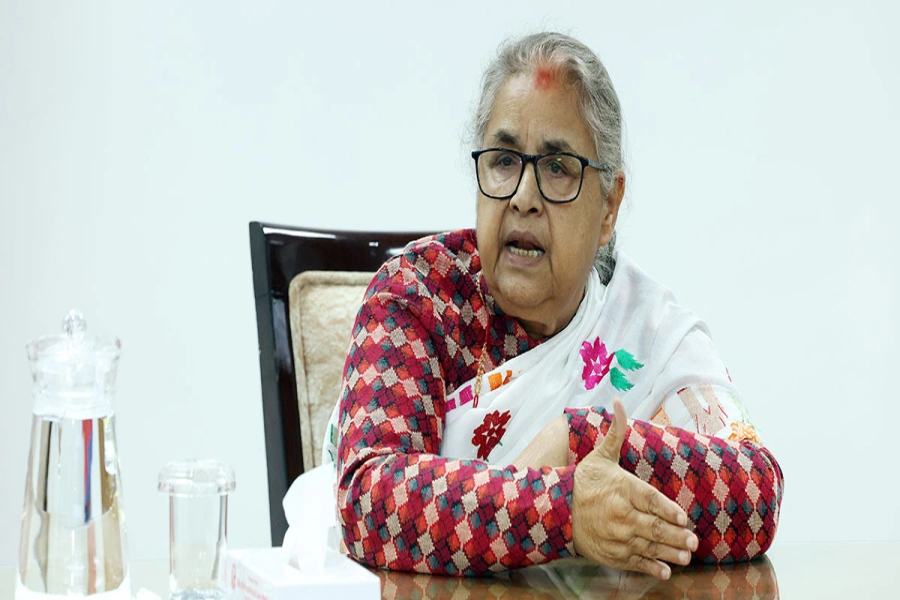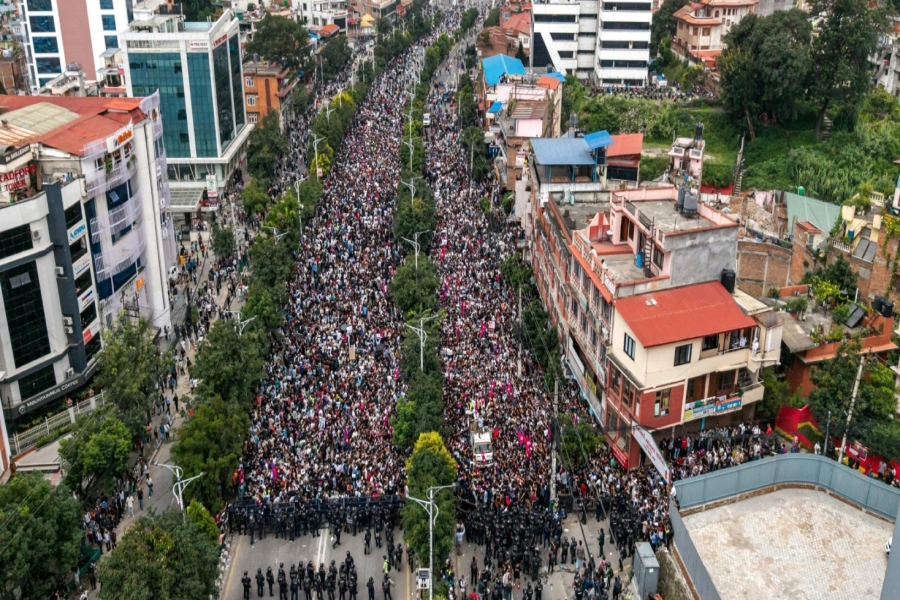KATHMANDU, July 12: The International Monetary Fund (IMF) has shown serious concern over Nepal’s low capital expenditure, financial sector vulnerabilities, cooperatives related issues and political instability, stating that these factors are likely to affect the country’s pace of economic recovery.
Following the IMF Executive Board meeting on the fourth review under the Extended Credit Facility (ECF) Arrangement for Nepal on Tuesday, the international monetary watchdog expressed its concerns, pointing out the issues as the main hindrances in implementation of economic reform measures. The meeting also approved allowing Nepal to utilize the Special Drawing Right (SDR) of 31.4 million, which is equivalent to US $41.3 million.
With the approved amount, the total disbursements under the ECF have reached about US $247.7 million. The amounts have been released as the budget support to the Government of Nepal, according to a press release issued by the IMF.
Expediting Capital Expenditure

The IMF approved providing a total of US $371.6 million to Nepal under the ECF on January 12, 2022. According to the international organization, Nepal has made good progress with the implementation of the program over the period.
The program has helped mitigate the impact of the pandemic and global shocks on economic activity, protect vulnerable groups, and preserve macroeconomic and financial stability. The economy continued to face challenges as growth, projected around 3 percent in FY 2023/24, was below potential in the context of subdued domestic demand and post‑pandemic balance sheet repairs. “With the program in effect, economic activity is expected to pick up pace with growth reaching 4.9 percent in FY 2024/25, supported by stronger domestic demand.”
The IMF however has mentioned a few points, which could obstruct the pace of economic recovery of the landlocked country.
Domestic risks continue to dominate the brighter outlook. Failure to raise the execution rate of capital projects would deprive the economy of much-needed stimulus and weigh on growth. Fragile political stability could disrupt policy continuity and reform implementation.
In the recent political development, the formation of a new alliance between the Nepali Congress and the CPN-UML has toppled the government led by Pushpa Kamal Dahal. Prime Minister Dahal is attempting to get a vote of confidence for the fifth time in just one and a half years. Likewise, the government has spent only 57 percent of the development budget for the fiscal year 2023/24, when only one week is left for the completion of the FY.
The IMF in its report mentioned that the intensification of financial sector vulnerabilities such as a further rise in NPLs or more failures of cooperative lenders could endanger banking system soundness. Externally, high commodity prices could slow the recovery in energy-intensive sectors. Nepal also remains vulnerable to natural disasters.
Regarding some brighter sides that the IMF has pointed out, Nepal has made important strides on its economic reform agenda. Decisive actions in monetary policy, bank regulation and rolling off COVID support policies played a major role in overcoming urgent balance of payments pressure in FY 2021/22. Reserves continue to rise without the need to use distortive import restrictions.
Bank supervision and regulation have improved with the rolling out of new supervisory information systems, the Working Capital Loan Guidelines and Asset Classification Regulations. Nepal’s medium-term outlook remains favorable as strategic investments in infrastructure, especially in the energy sector, are expected to support potential growth.



































